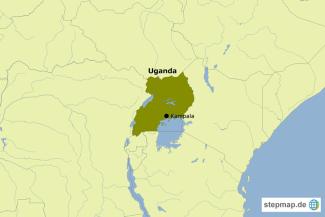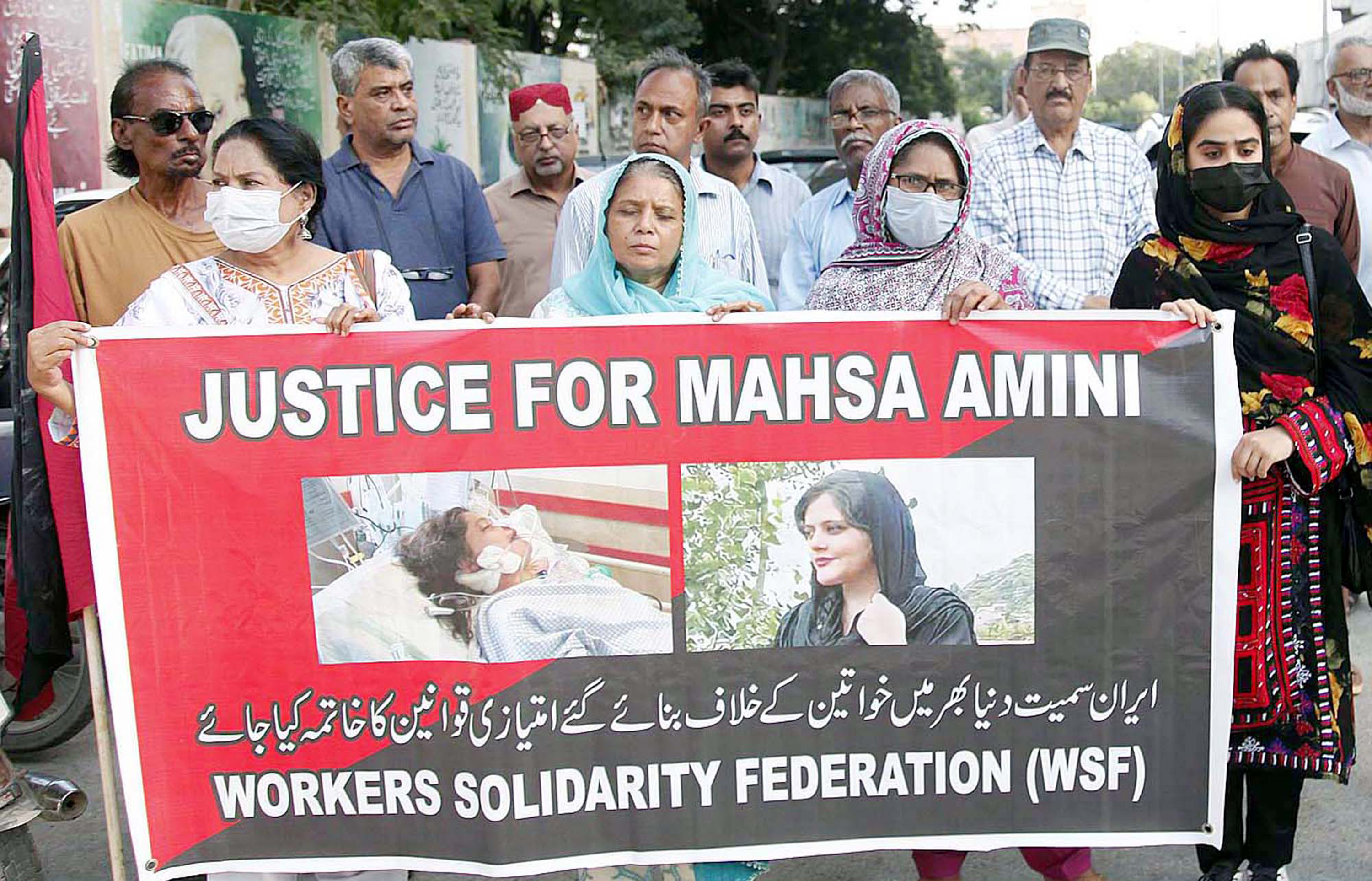Media
Discussing how to put women down best

In 2015, one of Uganda’s leading television stations fired a female presenter after she fell victim to revenge pornography. The managers even issued a memo to female employees, warning them to avoid taking nude photographs and threatening them with dismissal if any such pictures were published. The rule applies not only when a staff member publishes pictures of herself. It applies even when someone else publishes her photo.
Solomon Muhiirwa, NTV’s human-resource manager, was responsible for issuing the memo. “As a media house, we have a standard to uphold,” he says. “We want to avoid certain vices that our presenters may indulge in. Otherwise, it becomes a problem for the station.” He insists: “We have a brand to protect.”
If staff members are not in full control of these matters, NTV is the wrong place for them, he says. “TV personalities should work hard to protect themselves. You can indulge in nude pictures, but if they come out the repercussions will be severe.”
One of Uganda’s daily newspapers, the Daily Monitor, regularly runs controversial stories regarding women’s issues. One story, for instance, quoted a minister who told women not to deny sex to their husbands in order to avoid domestic violence. Another controversial opinion piece featured a male writer telling women to expect their husbands to replace them with the housemaid if they didn’t do household chores like cooking.
Eunice Rukundo is the Daily Monitor’s features editor. Why does she publish pieces that denigrate women? She says she wants to trigger public debate.
“One of the secondary roles of the media is to encourage dialogue about these issues,” Rukundo explains. “Every time we put something controversial out there, I want to encourage dialogue.” She believes that the women’s movement is progressing, and it is important to make people discuss these matters. “Take the example of the minister telling women to be submissive if they want to prevent domestic violence. Getting people to talk about it educates the ministers. If we keep quiet, these officials will continue saying what they want unchallenged,” Rukundo points out.
The newspaper’s digital platforms offer a forum for social-media debate. “If we don’t report these things, we’d never know what they’re saying on the ground and we’d never discuss it.” The features editor says that it is becoming unacceptable to put down women in Uganda “because we talk about those issues”.
Lindsey Kukunda is a writer, digital safety trainer and director of the civil-society organisation “Not Your Body”. She lives in Kampala, Uganda.
lindseykukunda@gmail.com
Twitter: @RizaLouise, @NotyourbodyUg













